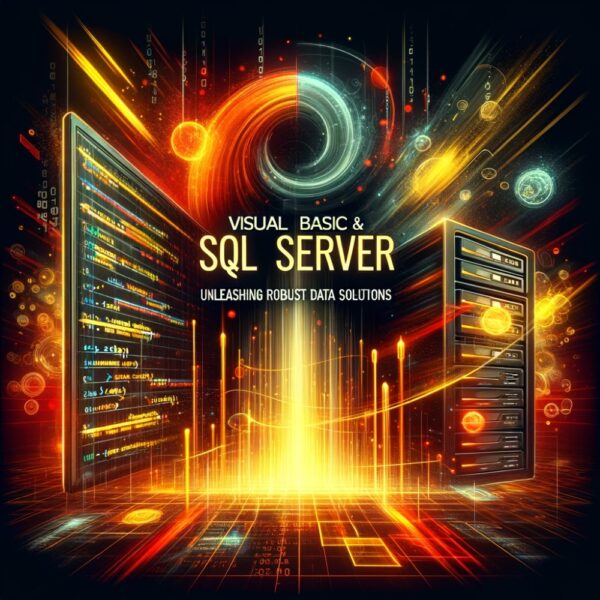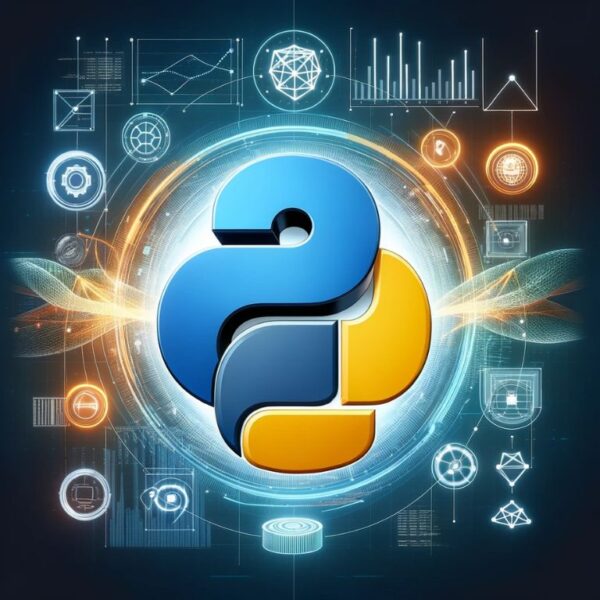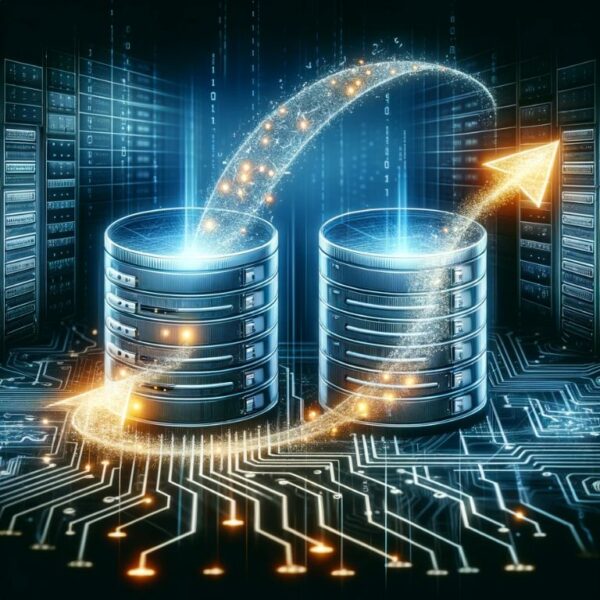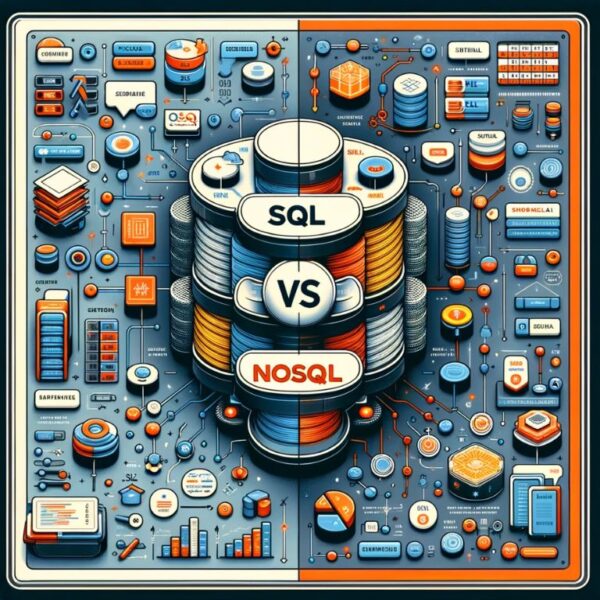SQL Reporting and Data Visualization are essential skills in the realm of data management and analysis. SQL reporting involves extracting and presenting data from databases using SQL queries to create meaningful reports that inform decision-making. Data visualization, on the other hand, transforms data into graphical formats, making it easier to understand and analyze. When combined, […]
Easy SQL CRM Guide: Build Your Own!
Customer Relationship Management (CRM) systems are essential tools in the modern business landscape. They help companies manage interactions with current and potential customers, streamline processes, and improve profitability. At the heart of a CRM system is data – data about customers, their interactions, and transactions. This is where SQL, or Structured Query Language, comes into […]
Visual Basic & SQL Server: Unleashing Robust Data Solutions
Explore the synergy of Visual Basic and SQL Server, covering the latest SSIS updates, performance enhancements, and future tech trends.
Mastering Data Science: Using SQL with Python
Explore the essential synergy of SQL and Python in data science through this guide. From setting up your environment to advanced data querying and visualization, master the art of data manipulation and analysis. Dive into practical strategies for optimizing your workflow, and emerge equipped to unlock valuable insights from your data, no matter your level of expertise. This guide is your concise, yet comprehensive, companion in the data-driven world.
Data Migration with SQL: A Step-by-Step Guide
Embark on the meticulous journey of SQL data migration with our comprehensive guide. From understanding your data landscape to the critical stages of planning, execution, and post-migration validation, uncover the strategies and insights necessary for a seamless transition. This article illuminates the complexities of moving data between systems, ensuring integrity and performance every step of the way.
Implementing Stored Procedures in SQL
Stored procedures are an integral component of SQL databases, serving as a robust tool for database management and operation. At their core, stored procedures are a collection of SQL statements encapsulated as a single unit. This encapsulation allows for repetitive and complex database operations to be performed with efficiency and consistency. Understanding Stored Procedures A […]
SQL and NoSQL: Understanding the Differences
In today’s digital landscape, the efficient management and utilization of data is paramount for businesses and developers alike. This critical need has led to the evolution and adoption of various database technologies, primarily categorized into SQL (Structured Query Language) and NoSQL (Not Only SQL) databases. Understanding the fundamental differences, strengths, and limitations of these database […]
SQL and IoT: Storing Sensor Data
The Internet of Things (IoT) has revolutionized the way we interact with the world around us. From smart homes to industrial automation, IoT devices are generating an unprecedented amount of data every second. This data, often captured by sensors, holds immense potential for insights and optimization. However, the key to unlocking this potential lies in […]
Exploring the Role of SQL in Blockchain Technology
Explore the synergy of SQL and blockchain technology in this insightful article. Learn how SQL enhances blockchain’s data management and security, with applications in supply chain and voting systems. Discover the future potential of this integration in IoT and AI, shaping efficient, secure digital solutions.
How to Start Programming: A Beginner’s Guide
Programming, often referred to as coding, is the process of creating instructions that tell computers how to perform tasks. It’s akin to writing a recipe for a computer to follow. Just like a recipe can instruct you to bake a cake, a program instructs a computer to perform tasks like calculating numbers, storing information, or […]










